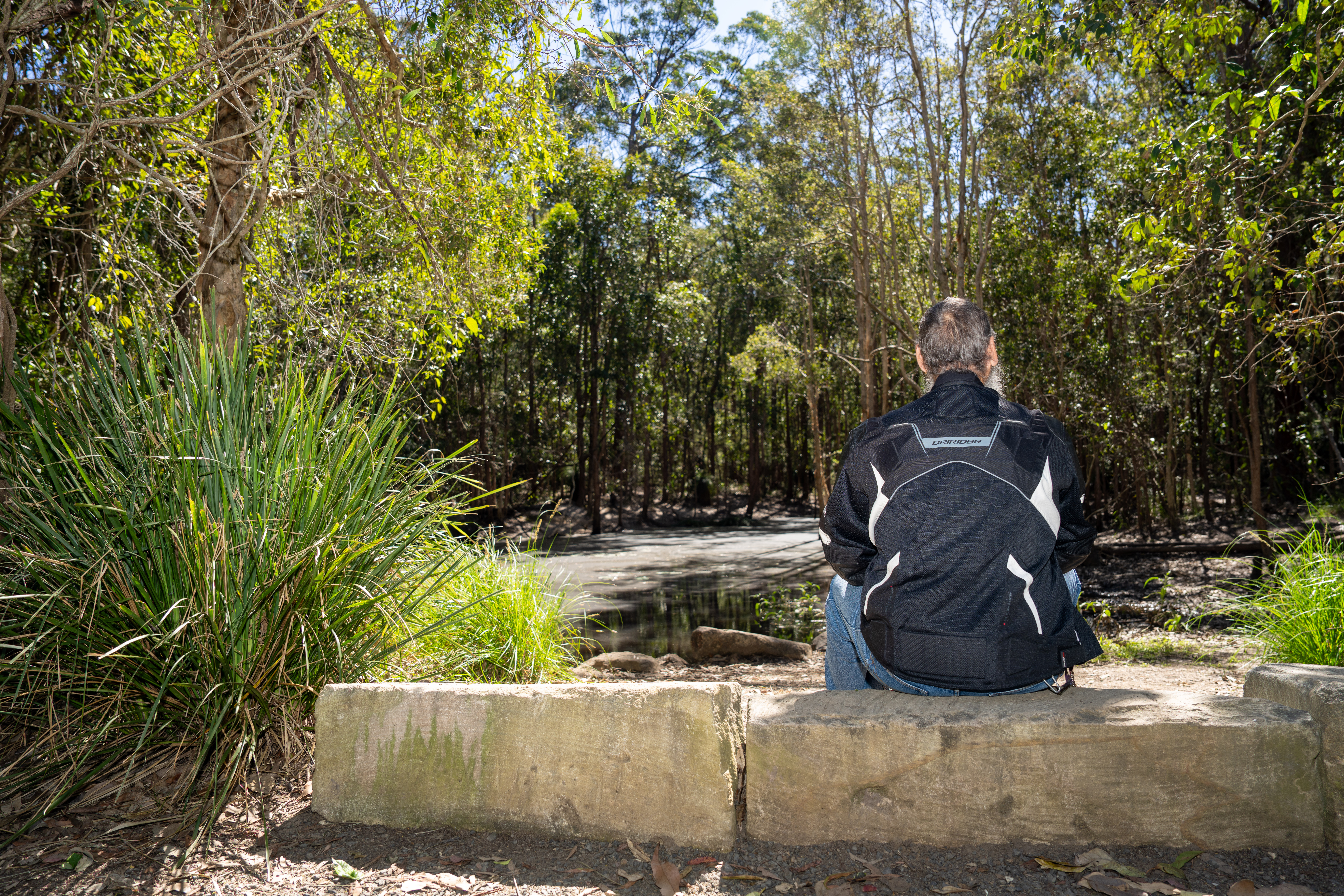The Healing Foundation acknowledges Country, Custodians and Community of the lands on which we live and work. We also pay our respects to Elders and to Stolen Generations survivors, of the Dreaming and of the here and now. We recognise the ongoing nature of trauma experiences for Aboriginal and Torres Strait Islander peoples and commit each day to survivor-led intergenerational healing.
Warning: Aboriginal and Torres Strait Islander people should be aware that this website may contain images, voices and names of people who have passed away.

